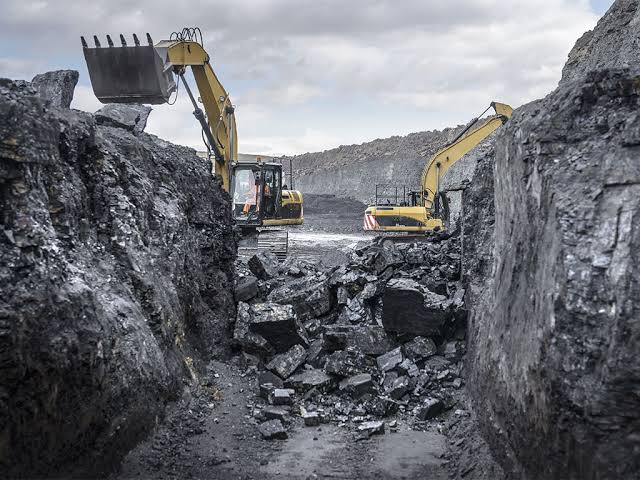The new Labour government has decided not to defend the approval of a coking coal mine in West Cumbria. This decision, made by the previous government in 2022, will face a legal challenge in the High Court next week. The government now admits that the approval was unlawful because it failed to consider the carbon emissions from burning the coal.
The coking coal mine, approved by Michael Gove when he was in charge of the Department for Levelling Up, Housing and Communities, has been a point of contention. Campaigners argued that the environmental impact assessment should include the emissions from burning the coal, not just from extracting it. The Supreme Court recently supported this view by quashing an oilfield project at Horse Hill in Surrey on similar grounds.
The new Ministry of Housing, Communities and Local Government, now led by Deputy Prime Minister Angela Rayner, has confirmed it will not defend the approval of the Whitehaven Coal Mine. The ministry acknowledged an “error of law” in the 2022 decision. Jamie Peters, a climate coordinator for Friends of the Earth, welcomed the government’s stance. “We’re delighted the government agrees that planning permission for this destructive, polluting, and unnecessary coal mine was unlawfully granted and that it should be quashed,” Peters said. “We hope the court agrees.”
The government’s decision has sparked mixed reactions. Former local Tory MP for Penrith, Mark Jenkinson, criticized the Labour government on social media, accusing it of “failing West Cumbria from week one.” On the other hand, environmental campaigners see this as a positive step toward a cleaner future. Peters emphasized the need for the government to focus on providing green jobs and investment in West Cumbria to ensure a sustainable and prosperous future for the region.
The legal challenge against the coal mine was set to proceed in the High Court. If the other defendant, West Cumbria Mining, decides to fight it, the case will continue. Sky News has reached out to the company for comment. The High Court will then decide whether to quash the original decision. This would not mean the project is automatically canceled but that the decision-making process must be repeated with a full assessment of the emissions impact.
The Labour government is not likely to reapprove the project. Labour has consistently pledged to end new licenses for fossil fuel projects if elected. The government is committed to a greener future, as evidenced by its recent approval of three new solar farms, which could power 400,000 homes. This move aligns with Labour’s broader strategy to combat climate change and promote clean energy.
The controversy around the Whitehaven Coal Mine highlights the tension between economic development and environmental protection. While the coal mine promised jobs and economic benefits for West Cumbria, it also posed significant environmental risks. The challenge for the Labour government is to balance these competing interests and ensure that regions like West Cumbria receive the support and investment needed to transition to a green economy.
Since Michael Gove approved the Whitehaven project in 2022, the market for coking coal has become less certain. Tata Steel announced plans to close the Port Talbot steelworks, which was a key market for the coal from Whitehaven. This development further undermines the economic justification for the coal mine.
As the Labour government moves forward, it must demonstrate that it can deliver on its promises of a green and prosperous future. The decision to drop support for the Whitehaven Coal Mine is a step in this direction, but much work remains to be done to build a sustainable and inclusive economy. The outcome of the High Court case will be a significant milestone in this ongoing effort.











